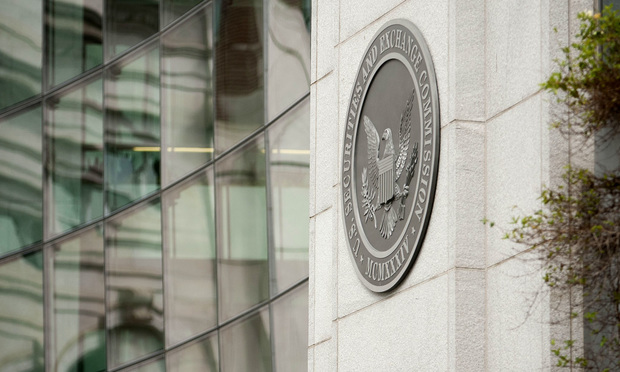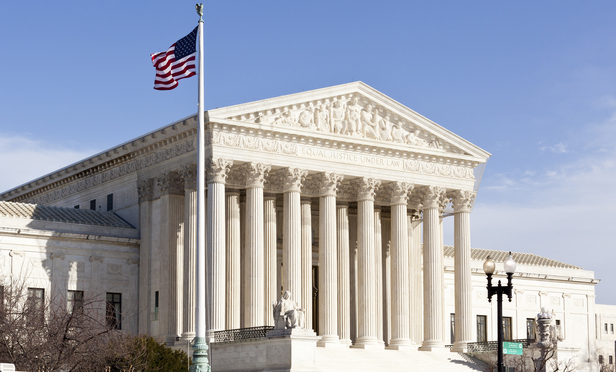Jennifer L Achilles

February 17, 2023 | New York Law Journal
Compliance Issues Abound From Employees' Use of Unauthorized Messaging AppsMany employees use additional apps to do their jobs that their companies do not know about and cannot track. This has caused a huge compliance problem, particularly for regulated financial firms that are obligated to keep records of their business activities, writes contributors Jennifer L. Achilles, Amelia Clegg and Christopher Sicuranza.
By Jennifer L. Achilles, Amelia Clegg and Christopher Sicuranza
9 minute read

December 03, 2021 | New York Law Journal
What the New DOJ Cryptocurrency Enforcement Team Means for Crypto Exchanges and Other Entities That Facilitate Digital Asset TransactionsRecent DOJ prosecutions and regulatory enforcement actions provide insight into what crypto-exchanges, infrastructure providers, and other crypto businesses can expect.
By Jennifer L. Achilles and Jed M. Silversmith
8 minute read

December 12, 2017 | Corporate Counsel
The SEC's Cyber Unit: Friend or Foe to Registered Entities?In recent years, the Securities and Exchange Commission (SEC) has prioritized the regulation, monitoring, and enforcement of cybersecurity activities. On Sept, 25, the SEC reinforced its commitment to cybersecurity when the Enforcement Division announced the formation of a “Cyber Unit” that will target cyber-related misconduct affecting the securities markets.
By Jennifer L. Achilles and Aaron Chase
8 minute read

March 12, 2014 | Corporate Counsel
'Daimler' and US Jurisdiction Over Foreign CorporationsThere can be no real doubt that Daimler AG v. Bauman is a win for global companies with a U.S. presence.
By Jennifer L. Achilles and Ian M. Turetsky
8 minute read

May 07, 2012 | New York Law Journal
When Taking Proprietary Information From an Employer Is Not a CrimeWendy H. Schwartz, a partner at Reed Smith, and Jennifer L. Achilles, a senior associate at the firm, write that two federal courts in back-to-back rulings nterpreted three different federal statutes in ways that narrowed federal prosecutors' ability to charge former employees for stealing proprietary information from their companies.
By Wendy H. Schwartz and Jennifer L. Achilles
11 minute read
Trending Stories
- 1Uber Files RICO Suit Against Plaintiff-Side Firms Alleging Fraudulent Injury Claims
- 2The Law Firm Disrupted: Scrutinizing the Elephant More Than the Mouse
- 3Inherent Diminished Value Damages Unavailable to 3rd-Party Claimants, Court Says
- 4Pa. Defense Firm Sued by Client Over Ex-Eagles Player's $43.5M Med Mal Win
- 5Losses Mount at Morris Manning, but Departing Ex-Chair Stays Bullish About His Old Firm's Future



